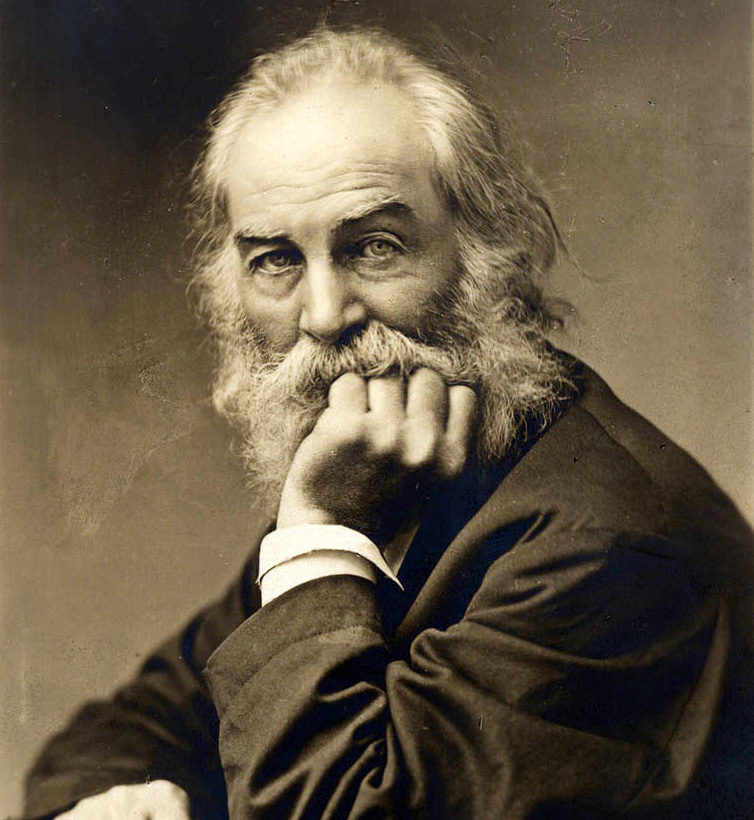Walt Whitman on the Splendor of Winter Beaches and How Art Imbues Life’s Bleakest Moments with Beauty
By Maria Popova

To view the world with a poet’s eyes is to see in it unseasonable splendor and unreasonable gladness where other eyes see only bleakness, only blankness. “Only an artist can tell,” James Baldwin wrote, “what it is like for anyone who gets to this planet to survive it. What it is like to die, or to have somebody die; what it is like to be glad.” Baldwin considered all artists poets — not for what they make, but for how they see. “The tree which moves some to tears of joy,” William Blake wrote two centuries before Baldwin in his most beautiful letter, “is in the eyes of others only a green thing which stands in the way… As a man is, so he sees.”
Perched in time between Blake and Baldwin, Walt Whitman (May 31, 1819–March 26, 1892) stands as a supreme seer and instrument of gladness. Much of it he channeled in verse, but some of the richest remnants of his spirit survive the prose of Specimen Days (public library) — the sublime collection of his reflections, letters, and journal entries on such varied facets of being as the wisdom of trees, the singular power of music, and what makes life worth living.

In one particularly beautiful entry penned as he was recovering from a paralytic stroke, Whitman contemplates how art feeds life so that life itself becomes a victual of the poetic. Writing in late November of 1876, he exults under the heading “A Winter Day on the Sea-beach”:
The attractions, fascinations there are in sea and shore! How one dwells on their simplicity, even vacuity! What is it in us, arous’d by those indirections and directions? That spread of waves and gray-white beach, salt, monotonous, senseless — such an entire absence of art, books, talk, elegance — so indescribably comforting, even this winter day — grim, yet so delicate-looking, so spiritual — striking emotional, impalpable depths, subtler than all the poems, paintings, music, I have ever read, seen, heard. (Yet let me be fair, perhaps it is because I have read those poems and heard that music.)
Complement this particular fragment of the wholly transcendent Specimen Days with Thoreau on the spiritual rewards of winter walks and Henry Beston — a rare twentieth-century descendant of Thoreau and Whitman — on the splendor of night, then revisit Whitman on why literature is central to democracy and his timeless advice on living a vibrant and rewarding life.
—
Published January 24, 2018
—
https://www.themarginalian.org/2018/01/24/walt-whitman-specimen-days-winter-beach/
—




ABOUT
CONTACT
SUPPORT
SUBSCRIBE
Newsletter
RSS
CONNECT
Facebook
Twitter
Instagram
Tumblr